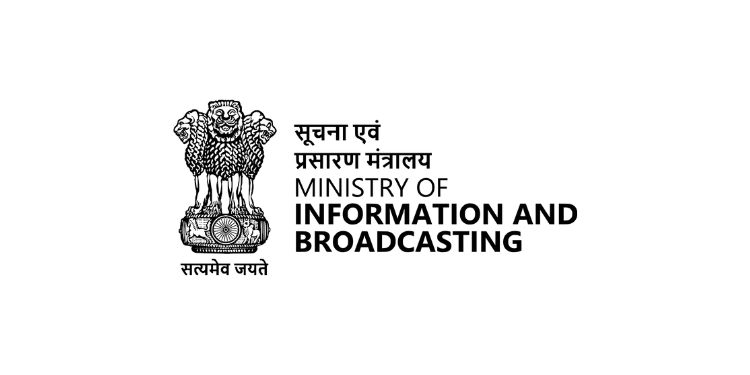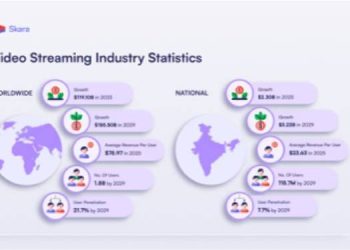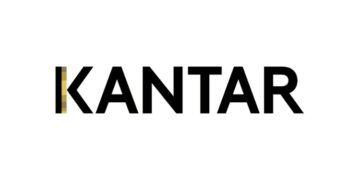New Delhi: The Ministry of Information and Broadcasting (MIB) has issued a fresh advisory to over-the-top (OTT) platforms, urging them to strictly comply with content regulations and refrain from publishing obscene, pornographic, or vulgar material.
This marks the second such advisory within two months, underscoring the government’s growing concerns over digital content. The latest advisory comes in response to mounting concerns from Members of Parliament, statutory bodies, and public grievances over objectionable content on OTT platforms and social media. The recent controversy surrounding the show India’s Got Latent has further intensified the scrutiny of online content.
The MIB had earlier, on December 16, warned OTT platforms about content that allegedly promotes, glamorizes, or glorifies the use of narcotic drugs and psychotropic substances. It reminded platforms of their legal obligations under the Narcotic Drugs and Psychotropic Substances (NDPS) Act, 1985, which penalizes the use of substances such as cannabis, poppy, and coca-based narcotics.
The February 19 advisory reiterates the provisions of Part III of the Information Technology (Intermediary Guidelines and Digital Media Ethics Code) Rules, 2021, which establish a Code of Ethics for OTT platforms. The guidelines mandate:
- A strict age-based content classification system to regulate access to adult-rated content.
- The implementation of access control mechanisms to prevent minors from viewing restricted material.
- Due diligence by platforms in exercising caution and discretion while publishing content.
The advisory also references additional legal frameworks, including the Indecent Representation of Women Act, 1986, the Bhartiya Nyay Sanhita (BNS), 2023, the Protection of Children from Sexual Offenses (POCSO) Act, and the Information Technology (IT) Act, 2000, all of which classify the publication of obscene or pornographic content as a punishable offense.
OTT platforms are now urged to proactively ensure compliance with these regulations, while their self-regulatory bodies are expected to take swift measures to address any violations.
With increased scrutiny from the government and regulatory bodies, the Indian OTT industry faces heightened pressure to balance creative freedom with responsible content curation. Industry stakeholders will likely need to adopt stricter compliance measures and refine self-regulation mechanisms to navigate this evolving digital landscape.

















